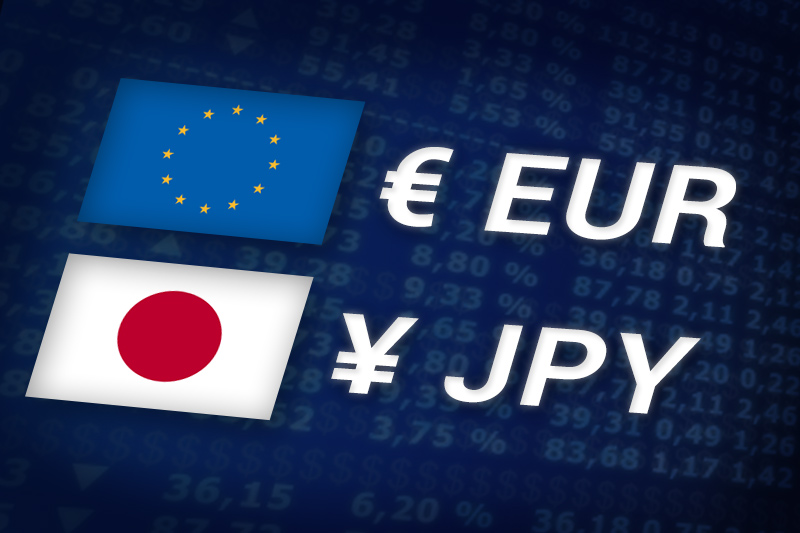Investing.com - The euro was higher against the yen on Monday, as hopes that a second bailout for Greece is close buoyed the single currency while the yen remained under pressure amid concerns over the impact of the currency’s strength on Japan’s economy.
EUR/JPY hit 105.73 during European afternoon trade, the pair’s highest since November 14; the pair subsequently consolidated at 105.36, gaining 0.80%.
The pair was likely to find support at 103.42, Friday’s low and resistance at 106.68, the high of November 14.
Speaking ahead of a meeting of euro zone finance ministers set for later Monday, Greek Finance Minister Evangelos Venizelos said negotiations on the EUR130 billion bailout and a linked debt restructuring deal would continue until the last minute but added that Greece has met all the conditions demanded by its creditors.
“We expect the long period of uncertainty, that benefitted neither the Greek economy nor the euro zone overall, to end today”, Venizelos said.
Sentiment on the euro was also boosted after Germany’s central bank said in its February report that the outlook for the economy in the year ahead had improved “perceptibly”.
The yen weakened broadly earlier after official data showed that Japan posted a record JPY1.47 trillion trade deficit in January, fanning concerns that the strong yen is having a negative impact on the country’s largely export driven economy.
Meanwhile, rating agency Standard & Poor's said earlier that the outlook on Japan's AA- sovereign credit rating remained negative and warned that it expected Japan's fiscal flexibility "to continue to diminish."
The euro was also higher against the U.S. dollar and the pound, with EUR/USD advancing 0.93% to hit 1.3261 and EUR/GBP climbing 0.71% to hit 0.8361.
Trade volumes were expected to remain light throughout the day, as markets in the U.S. were to remain closed for the Presidents Day holiday.
EUR/JPY hit 105.73 during European afternoon trade, the pair’s highest since November 14; the pair subsequently consolidated at 105.36, gaining 0.80%.
The pair was likely to find support at 103.42, Friday’s low and resistance at 106.68, the high of November 14.
Speaking ahead of a meeting of euro zone finance ministers set for later Monday, Greek Finance Minister Evangelos Venizelos said negotiations on the EUR130 billion bailout and a linked debt restructuring deal would continue until the last minute but added that Greece has met all the conditions demanded by its creditors.
“We expect the long period of uncertainty, that benefitted neither the Greek economy nor the euro zone overall, to end today”, Venizelos said.
Sentiment on the euro was also boosted after Germany’s central bank said in its February report that the outlook for the economy in the year ahead had improved “perceptibly”.
The yen weakened broadly earlier after official data showed that Japan posted a record JPY1.47 trillion trade deficit in January, fanning concerns that the strong yen is having a negative impact on the country’s largely export driven economy.
Meanwhile, rating agency Standard & Poor's said earlier that the outlook on Japan's AA- sovereign credit rating remained negative and warned that it expected Japan's fiscal flexibility "to continue to diminish."
The euro was also higher against the U.S. dollar and the pound, with EUR/USD advancing 0.93% to hit 1.3261 and EUR/GBP climbing 0.71% to hit 0.8361.
Trade volumes were expected to remain light throughout the day, as markets in the U.S. were to remain closed for the Presidents Day holiday.
